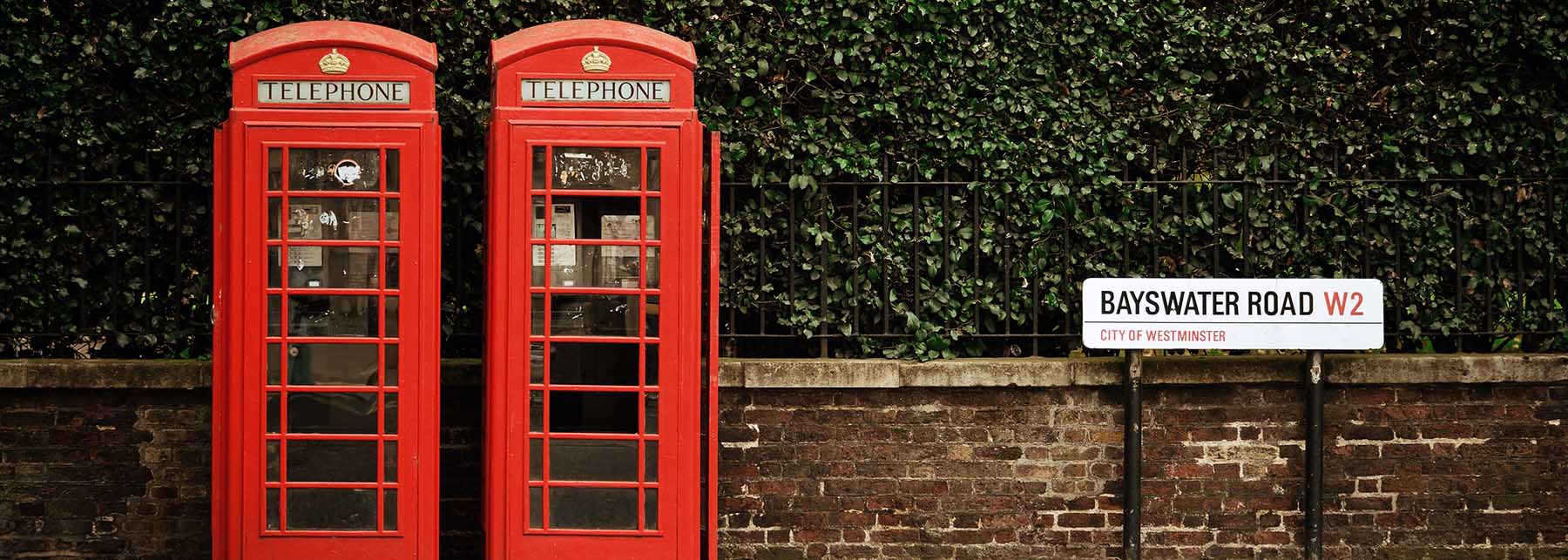

The price of buying online in the UK: do we have to pay more after Brexit?
As of January 1, 2021, the United Kingdom’s exit from the European Union has become effective. The popularly called Brexit has many implications in aspects of the daily life of Europeans, and one of the most important has to do with the changes that occur in the purchase of products with origin or destination in the United Kingdom. To what extent does this affect us, and what are the consequences for the European market?
- The United Kingdom: one of the most important online markets in Europe
Since its entry into the European Union in the early 1970s, the United Kingdom has become one of Europe’s leading markets, and during the 21st century it has been taking the lead in e-commerce on the continent: 82% of Britons have made online purchases in the last year, spending approximately €1,660 per consumer, more than half of which have been purchases of non-British products, with the European market being one of the most favoured.
Although the United Kingdom formally ceased to be a member state of the Union on January 31, 2020, during this last year trade and the movement of people, among others, have continued to be governed by the previous regulations, as there has been a transition period during which the country has remained within the customs agreement and the single market, thus allowing the free movement of people and goods between member countries. Therefore, trade has not particularly suffered.
With the UK’s January 2021 exit agreement, however, a very different situation for consumers is on the horizon.
- But how exactly does the situation change for consumers of British products?
To begin with, it is necessary to understand that the regulations governing electronic or online commerce are the same as those governing traditional commerce: any product purchased abroad (outside the European Union, which now includes the United Kingdom) will be considered an import, whether the transaction takes place from a physical store or from an online channel. And, as an import, it will be subject to the application of VAT and the corresponding tariffs.
It should be noted, however, that depending on the valuation of the product, the charges applied will be one or the other. Mainly, foreign products should be divided into 3 different categories: products under 22 euros, products between 22 and 150 euros, and products over 150 euros.
Products under 22 euros are exempt from paying VAT, wherever they come from. From this price, the rest of the products will have to pay it, but the final amount will also depend on the tariff: products under 150 euros will not pay customs duties or request any customs clearance, while those of 150 euros or more will have to pay it.
Products from the United Kingdom, however, thanks to the agreement signed at the end of 2020, enjoy the exemption of not paying tariffs even with products over 150 euros, although as a foreign country, customs formalities have to be carried out anyway, formalities for which a percentage must be paid to customs agents as a handling fee.
In short, despite the exemptions applied thanks to the agreements reached, over the last few months British products have risen by an average of 10-15% depending on the case, which has led to a drop of up to 40% in the purchase of British products in the European Union, and the effect has been similar in the purchase of European products from the United Kingdom.
- But what about Northern Ireland?
However, one of the exceptions to these policy changes has been Northern Ireland. Despite being part of the United Kingdom (and therefore part of its own territory) it still has the problem of the separation of the island of Ireland into two distinct states: Northern Ireland or Ulster (within the United Kingdom), and the Republic of Ireland or Southern Ireland (within the European Union).
Due to this traumatic separation and its resulting conflict, both the governments of the United Kingdom and the European Union countries have decided to maintain a different policy with respect to the border with Northern Ireland: Ulster will continue to apply EU customs regulations.
This means that there will be no “hard border” between Northern and Southern Ireland: they will act as if they were one and the same territory and, therefore, a product bought online in a Northern Ireland store should not have any extra cost for a European consumer: it will be considered an intra-EU movement.
- In July 2021 things change again
The situation, however, is not stable, and due to an update of European regulations, the conditions will change again in the second half of 2021. On June 30, the exemption from paying VAT on products under €22 will disappear, which will mean that the tax will have to be paid for all foreign products, wherever they come from (except for Northern Ireland, as mentioned above).
In addition, the management of customs formalities for products under €150 will be changed. Until now, it was the consumer’s obligation to take care of the management, therefore, beyond the price of the product that appeared on the website, the consumer had to pay VAT, customs handling fees, etc., so it was often difficult to know the exact final price of a foreign product or service.
From July 2021, it will be mandatory for stores located abroad to collect VAT on products under €150 and pay it to the tax authorities in EU countries; this will mean that stores will automatically include VAT in the price stipulated on their websites, so consumers will be better informed of the final price they will end up paying.
As we can see, the commercial relationship between the United Kingdom and the European Union continues to evolve, and it is advisable for consumers to keep up to date with the situation on a regular basis in order to make the most of it.
Leave a Reply
You must be logged in to post a comment.



molt bon reportatge
El brexit sembla que no ha anat bé en aquest apartat,per als consumidors de la UE
caldrà veure que passa a Anglaterra
Un article molt clarificador,gràcies
A Anglaterra la lliure es va devaluar 1/3 amb el Brexit, però així i tot, l’economia Anglesa continua sent puntera al Món gràcies al seu comerç nacional i internacional.
Gràcies a tu per comentar, Alícia. ^_^
👍
Gràcies, Joan! Ens veiem per La Plaça!